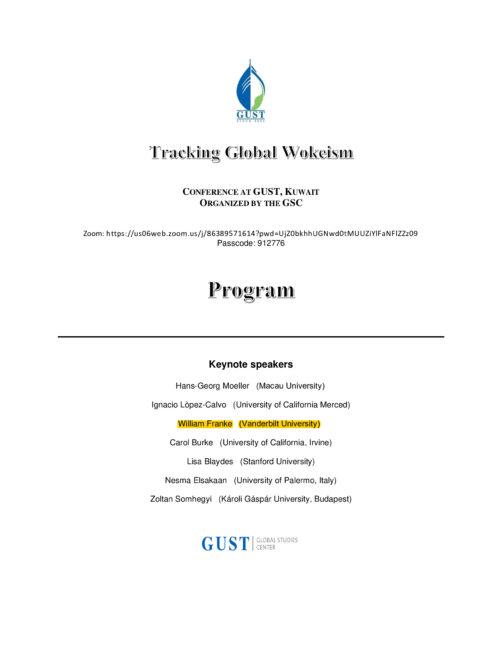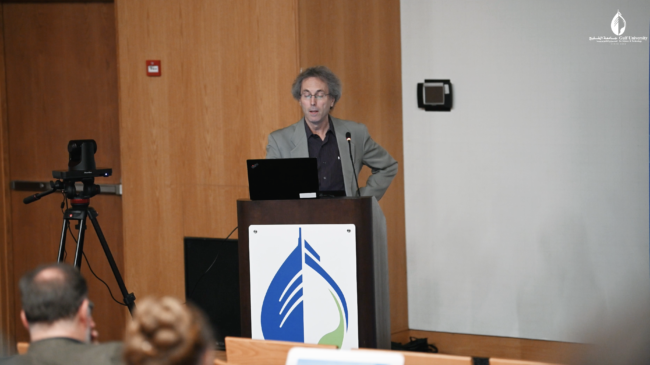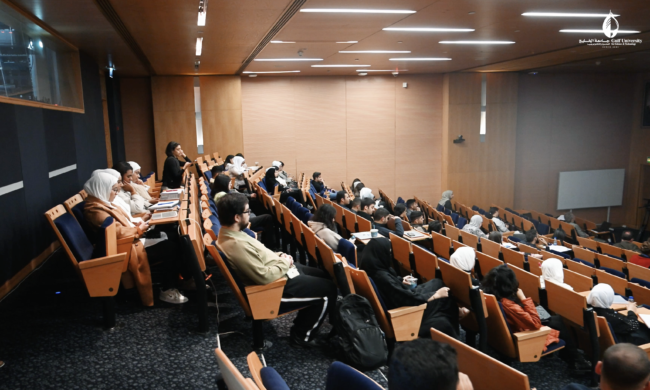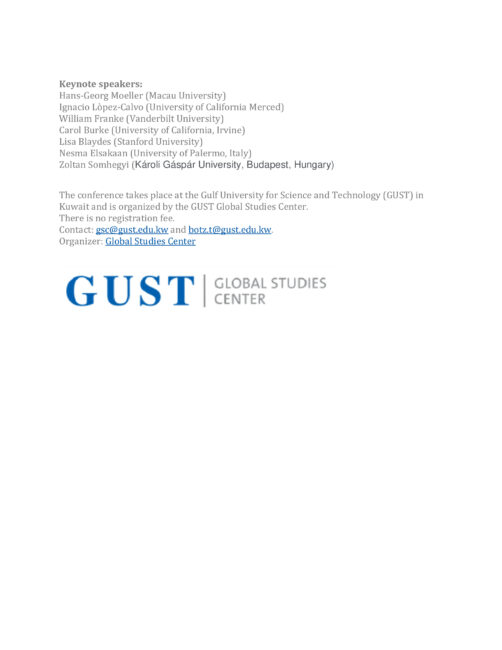Kuwait, Wokeism
Posted by frankewp on Thursday, February 2, 2023 in News.



 About Kuwait – Oilpunk Kuwait Thorsten Botz-Bornstein
About Kuwait – Oilpunk Kuwait Thorsten Botz-Bornstein
William Franke
Apophatic Ethics as an Alternative to Identity Politics
or How to Avoid Wokeism
William Franke

Nancy Pelosi kneeling to honor George Floyd in 2020
Generic social identities, by their differential and exclusive nature, cannot take the lead in negotiations among humans without polarizing and alienating. They can be a tremendous enrichment of our humanity but only when brought in as inflections of something else mysterious and indefinable that is already recognized as the Nothing (nothing nameable or definable) that is common to us all. Called for is not a politics of explicit identitarian revindications but rather an apophatic ethics that leaves differential, divisive identities out of the equation in attempting to negotiate fairly among all parties participating in society.
My fundamental reservation concerning wokeism has to do with its grounding in identity politics. More often than not, what makes us free and equal is not jockeying for power among social determinations but much more our evasion of them, our making them not count, our becoming color and gender blind, or rather neutral, in order to focus instead on individuals’ performances and capabilities. Wokeism’s identity politics are about redistributing power and wealth among abstractly and somewhat arbitrarily defined races and genders. This kind of sectorial or oppositional identification I feel, in any case, as an enslavement. Only not defining our identities in social terms and treating these categorizations as indifferent, or as equally valid and enriching cultural backgrounds, frees us to be ourselves. These socially identificatory labels are constructed identities that constrain any true and authentic being and freedom. They confine us to being equal and identical with others as amalgamated into groups rather than freeing us to be our own incommensurable selves. We are all truly equal and free only in being absolutely incommensurable. [1]
Once we are free of identity categories brandished as if they were inescapable fates assigning us our place among either the guilty or the innocent, the privileged or the oppressed, we are then free to redeploy our colorful and richly historied heritages as women or men, black or white or brown or yellow, queer or gay or whatever, and use them creatively to discover and invent ourselves and disclose ourselves to others. [2] Religious or cultural backgrounds, experiences of belonging to national, ethnic, or whatever social communities, when appropriated in personal ways by individuals, can immensely enrich the unique personalities that we become – but only when these identities stand as resources for creative use in reflecting facets of our unique personalities and the relations and influences that make us up rather than assigning us static valences in an invidious social taxonomy.
Only by being one’s unique self is one free and equal with everyone else striving in their turn to be fully themselves in relation to others. A new generation of individuals with diversity markers are being trained, or at least encouraged, to feel themselves “unapologetically me.” This seems right, at one level. Why should anyone feel that they need to apologize for who they are? Yet personally, and I am not alone, I feel ashamed of all my identities – white, male, straight – undoubtedly because of the vaguely woke culture avant la lettre in which I grew up and was educated. These identities were blamed for the worst atrocities and were made guilty of the whole history of oppression from slavery and colonialism to capitalism and race and gender discrimination, Klu Klux Klan lynchings and the rest.
I feel I have to apologize for being me in every respect of my social identities. Only by not allowing myself to be reduced to those identities and retaining as more fundamental my non-identity am I able to affirm and sustain a will to be me at all. Thus, I invoke, alongside Emanuel Levinas, as the thinker of infinite obligation to the other, Theodor Adorno, and I appropriate elements from his thinking of non-identity, the non-identical (“das nicht Identische”), for further elucidation of the philosophical grounding for my transversal thinking through and engagement with wokeism. [3]
The laudable aim pursued by wokeism of giving recognition to all independent of race, class, and gender is best fostered by not foregrounding these identitarian differentials. Justice without exclusions is indeed the goal, but for that we need to start from recognition of the non-identical that all share in common – the undefinable infinite mystery at the core of each individual – rather than with our differential identities defined and asserted over against one another. The latter, while seemingly concrete, immediate realities are actually shifting social constructions that are inevitably used for manipulation in the interests of brokering power and procuring privileges. The basis for a true community is mutual recognition of common humanity beyond these monolithic identity labels and even beyond any definition of humanity that would make it other than and exclusive of the universal being with which all are endowed, which all existing things share in common. [4] Humanity itself, like every identity, needs to be broken open to the All that indwells and envelops and “others” it.
Notes
[1] I am extending my critique of identity politics argued in The Universality of What is Not: The Apophatic Turn in Critical Theory (Notre Dame: University of Notre Dame Press, 2020), 291-314, and in “A Negative Theological Critique of Postmodern Identity Politics,” Religions 10/488 (2019): 1-15.
[2] Exemplary here is Rachel Khan, Racée (Paris: Humensis, 2021), drawing on all her ethnic, religious, and national backgrounds and invoking Romain Gary as guiding light, notably his Chien blanc (Paris: Flammarion, 1972).
[3] Emanuel Levinas, Autrement qu’être ou au-delà de l’essence (The Hague: Martinus Nijhoff, 1974), trans. Alphonso Lingis as Otherwise than Being and Beyond Essence (Dordrecht: Kluwer, 1991). Theodor Adorno, Negative Dialektik (Frankfurt a.M.: Suhrkamp, 1966), trans. E. B. Ashton as Negative Dialectics (London: Routledge, 1990).
[4] Such a metaphysical dimension of ethics was theorized also, earlier, for another time and in other terms, by Levinas in Totalité et infini: Essai sur l’extériorité (The Hague: Nijhoff, 1971). We need today to strive to think such an ethics beyond the frame of his humanism as articulated in Humanisme de l’autre homme (Paris: Fata Morgana, 1972).
 William Franke is Professor of Comparative Literature at Vanderbilt University.
William Franke is Professor of Comparative Literature at Vanderbilt University.
.png)







©2026 Vanderbilt University ·
Site Development: University Web Communications